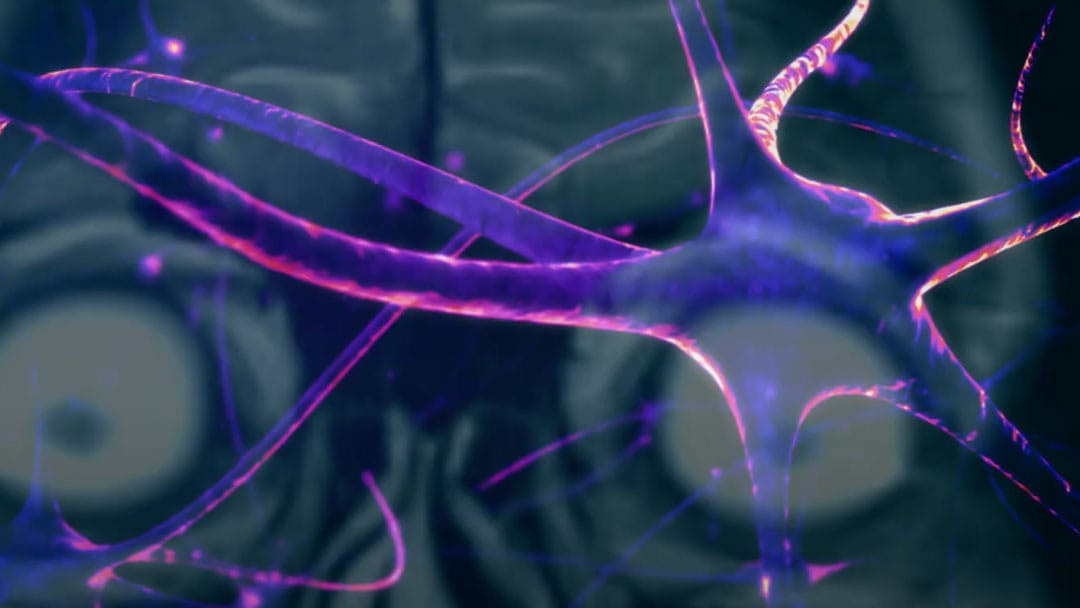
The past decade has seen a major revival of interest in the therapeutic potential of psychedelic drugs. Scarcely a month goes by without the announcement of a new research initiative or the publication of an exciting study.
Compounds such as psilocybin, MDMA and ketamine promise to break a 50-year drought in the development of new medicinal treatments for a range of mental health disorders. Research to date indicates that, when delivered in conjunction with psychological therapy, they’re both faster-acting and more effective than current therapeutics.
A few weeks ago, Monash launched the Neuromedicines Discovery Centre (NDC). The NDC is an end-to-end academic enterprise for the discovery, development, evaluation, manufacture, and clinical rollout of 21st-century medicines for treatment-resistant and poorly targeted mental health disorders. Based at Monash University, it draws together researchers from across Melbourne’s biomedical, healthcare. and policy research community.
Some of the independent and collaborating groups at Monash working on psychedelics include the Clinical Psychedelic Research Lab, led by Dr Paul Liknaitzky, which is spearheading research into the clinical applications of several different psychedelic-assisted treatments for mental health conditions; the Computational and Systems Neuroscience Lab, led by Associate Professor Adeel Razi, which is exploring questions of basic science and brain imaging in healthy volunteers; and the Anorexia and Feeding Disorders Group, led by Dr Claire Foldi, which is investigating animal models of psilocybin treatment.
To the uninitiated, this might look unnecessary. If these drugs already exist and we already have reasonable confidence that they’re effective, why should we bring an extraordinary concentration of resources from such a wide range of disciplines to bear on such a project?
The short answer is that it’s not a problem that can (or should) be tackled piecemeal. Making meaningful, widespread and equitable improvements to mental health treatment will require a carefully coordinated and rigorous effort.
Here are five reasons why tackling the problem at scale is the key.
1. Medicines can always be better
A medicine’s naturally occurring form isn’t necessarily its most effective.
For example, you could treat pain by chewing on willow bark, but it’s now more convenient to take an aspirin. Similarly, many of the psychedelic drugs that are provoking such interest in the treatment of depression and other serious mental health disorders have unhelpful side effects, including nausea, vomiting, and elevated heart rate.
There’s even an intriguing question around whether it’s possible to design medicines that offer the therapeutic effects of existing psychedelics without the accompanying psychedelic experience.
Drawing on the expertise of pharmacologists and medicinal chemists in addition to those of psychiatrists and psychologists, we can ensure we develop the most effective medicines, determine safe and effective dosing and formulations, and explore variants designed to minimise or eliminate side effects.
2. We’ll get there faster …
Science, left to its own devices, moves incrementally. But the recent development of COVID-19 vaccines has shown us just how much can be achieved quickly when a critical mass of researchers assembles around a well-defined problem to work in a coordinated manner.
Psychedelic research to date has been largely conducted in an incremental fashion. With limited funds, often from small philanthropic grants, researchers have been restricted to narrow enquiries – most often a single drug and regimen, tested against one condition in a small patient cohort.
Tackling the problem at scale will enable a comprehensive, matrixed approach – multiple drugs and regimens evaluated in different mental health disorders across representative patient cohorts, backed by rigorously designed clinical trials and world-class research into the development of next generation therapeutics.
3 … and the problem can't wait
One in five Australians has suffered from a mood, anxiety, or substance use disorder in the past year alone.
One in eight Australians are on antidepressants. For older Australians, that figure is one in four.
More than eight Australians die by suicide every day.
Despite these statistics, the very best of current medications only lead to remission for one-third of those with depression, and a quarter of those with PTSD. For depression sufferers who experience remission with medication, more than half relapse after stopping their treatment.
We owe it to these people – to you, to your friends and family – to move with all deliberate speed.
4. Therapies need to move from the lab to the real world
If the clinical trials continue to generate an evidence base that suggests psychedelic-based treatments are effective, a further challenge will be rolling out that research into clinical practice.
The basic model for psychedelics in mental healthcare is what we call neuromedicine-assisted psychotherapy, where two or three treatment sessions with psychedelic drugs facilitate counselling in a controlled setting. This requires a substantial investment of time on the part of therapists, both before, during, and after these long treatment sessions.
Research into counselling and new psychedelic medicines may well refine that model, but it’s unlikely to fundamentally change, and it’s expensive. It also doesn’t really have any close analogue in the current suite of therapies funded by government.
If we want to prevent neuromedicine-assisted psychotherapy from becoming a luxury that’s only available to those that can afford it, the scope of research must also include experts in health economics, public policy, and decision-making.
5. We need investigators, not evangelists.
Isolated research creates unhelpful incentives. If one invests all of one’s efforts into a single line of study, there’s a natural human tendency to want that line to succeed.
While it’s good for researchers to be passionate, in a field such as psychedelics, which has a history of grandiose claims, it creates some danger. People living with mental illness would not be well served by researchers who assume they have the answer and set out looking for evidence to substantiate it.
Tacking the potential of psychedelic medicines at scale – with a matrix approach that investigates multiple medicines across multiple disorders in multiple patient cohorts using multiple treatment models – alleviates this risk. Like a balanced share portfolio, it would discourage the researchers from placing too much stock in any one solution.
Discover how you can help make change for future generations here.





